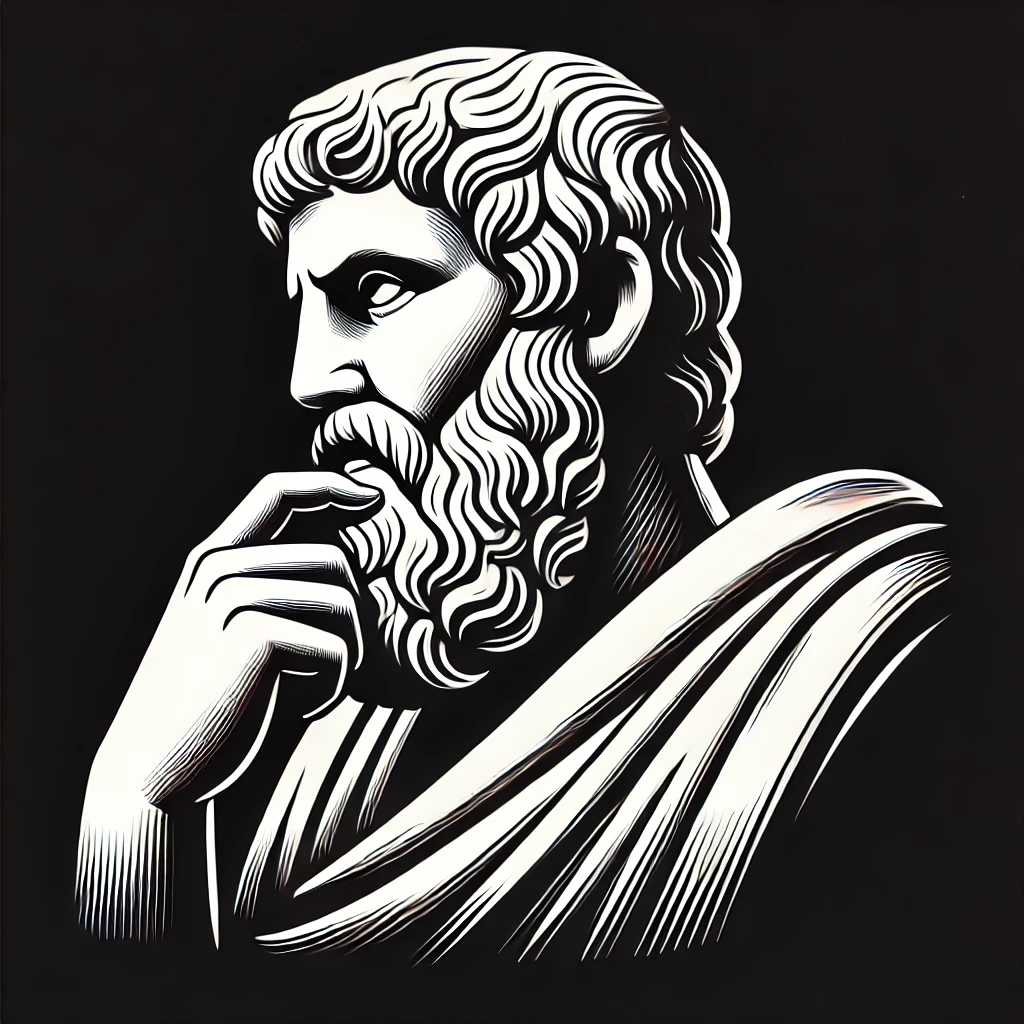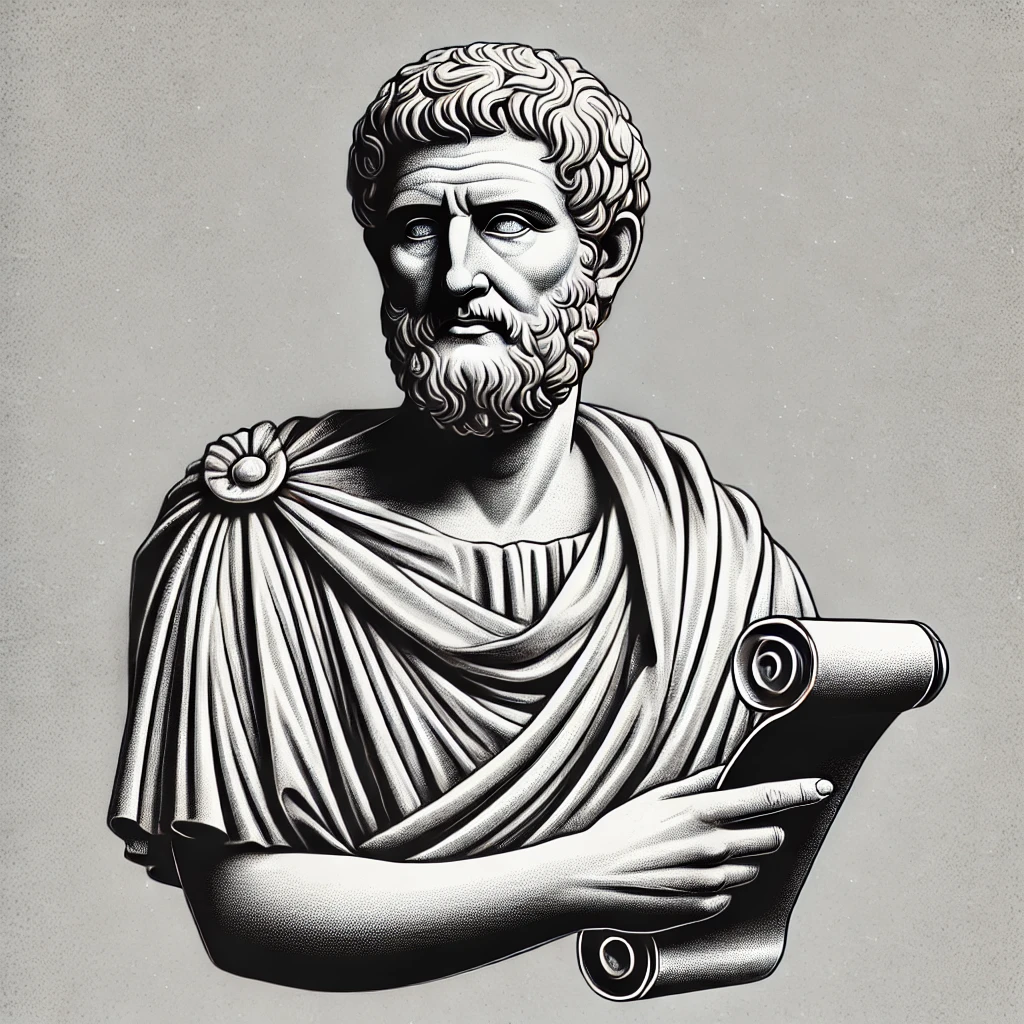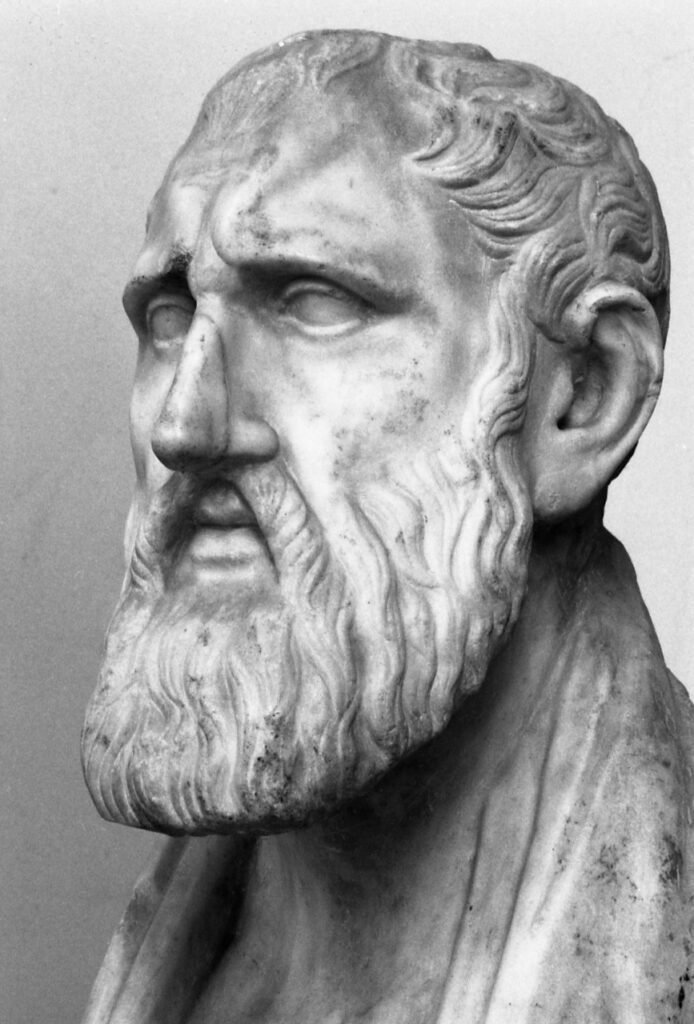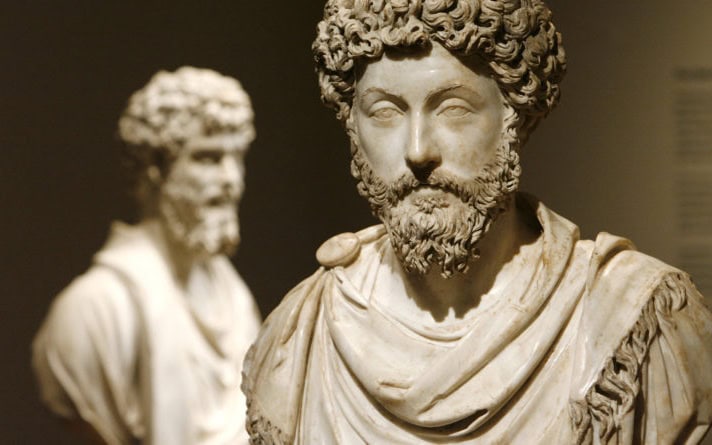Stoicism, a philosophical school originating in ancient Greece, is experiencing a renaissance in today’s fast-paced and often overwhelming world. Its central principles not only provide guidance during uncertain times but also offer a framework for mindful and balanced living. This article explores the profound philosophy of Stoicism, its historical roots, and its relevance in modern society.
What is Stoicism?
Founded in the 3rd century BCE by Zeno of Citium, Stoicism flourished through influential thinkers such as Seneca, Epictetus, and the Roman Emperor Marcus Aurelius. At its core is the belief that human happiness is not determined by external circumstances but by our internal reactions to them.
The Stoic worldview is based on the dichotomy of control: distinguishing between what is within our power (our thoughts, emotions, and actions) and what is outside our control (external events, others’ opinions, or natural occurrences). By focusing solely on what they can influence, Stoics strive for a state of inner peace and resilience, regardless of external adversities.

Historical Foundations and Key Texts
Stoizismus emerged during a time of significant political and social upheaval in the Hellenistic world. Its principles provided a practical guide for navigating uncertainty and change. Core texts such as Epictetus’ Enchiridion (Handbook), Seneca’s essays and letters, and Marcus Aurelius’ Meditations offer insights into applying Stoic philosophy to daily life. These writings emphasize rationality, self-discipline, and ethical behavior as paths to personal freedom and fulfillment.
The Relevance of Stoicism Today
In an era characterized by social media, constant connectivity, and global crises, many people experience heightened stress and a lack of focus. The timeless wisdom of Stoicism serves as an antidote: a reminder to focus on essentials and cultivate an attitude of acceptance and intentionality.
Modern Stoicism has gained traction through thought leaders and public figures who promote its principles as tools for personal growth, emotional regulation, and professional success. Concepts such as cognitive reframing—the practice of changing one’s perspective on challenging situations—have roots in Stoic teachings and are widely applied in cognitive-behavioral therapy (CBT).

Applying Stoicism in Everyday Life
Integrating Stoic practices into modern life can lead to profound changes in perspective and behavior. Here are some key approaches:
- Daily Reflection: Foster self-awareness by journaling or contemplating questions like “What did I do well today?” and “What could I improve?”
- Practice the Dichotomy of Control: Identify aspects of a problem you can influence and consciously release attachment to outcomes beyond your control.
- Negative Visualization: Imagine the possible loss of valued things to develop gratitude and prepare for adversity.
- Cultivate Virtues: Live by the Stoic cardinal virtues of wisdom, courage, justice, and temperance. These values serve as guiding principles for ethical decisions.

Paolo_Monti_-Servizio_fotografico(Napoli,1969)-_BEIC_6353768
Scientific Foundations and Psychological Benefits
Modern psychology has validated many Stoic principles. Techniques resembling Stoic exercises, such as reframing negative thoughts or focusing on controllable actions, are foundational in CBT. Studies have shown that practicing these methods can reduce anxiety, improve emotional resilience, and enhance overall well-being.
Furthermore, the emphasis on gratitude, self-discipline, and acceptance aligns with findings from positive psychology, which identifies these traits as key factors for happiness and life satisfaction.
A Guide to Mindful Living
Stoicism is more than an ancient philosophy; it is a practical guide for navigating the complexities of modern life. By internalizing its principles, we can achieve greater clarity, resilience, and inner peace. Focusing on what we can control and accepting the rest with equanimity unlocks the potential for a life full of meaning and mindfulness.








